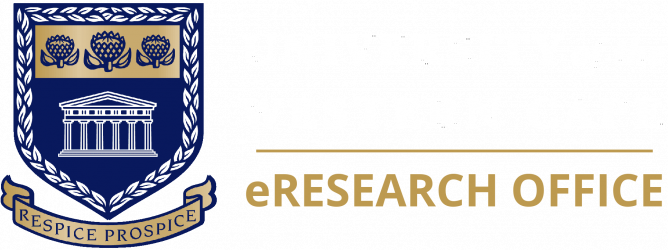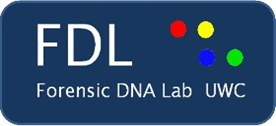BHKi (The bioinformatics hub of Kenya) and OpenScienceKE are proud to announce a new project, Empowering Researchers with Skills and Tools in Open Science and Bioinformatics.
This will consist of a series of events that will bring together researchers enthusiastic about bioinformatics and open science. The first virtual event is the Open Science FAIR symposium from October 11th-15th, 2021. The event aims to sensitise participants on FAIR open data science practices such as project planning and organisation, collaboration, licensing and data sharing. It exposes participants to use open science tools that facilitate these practices.
Register here to participate.
The organisers are also looking for presenters who have used open science practices to present their work and methods to fellow researchers. Register here to share your work.


